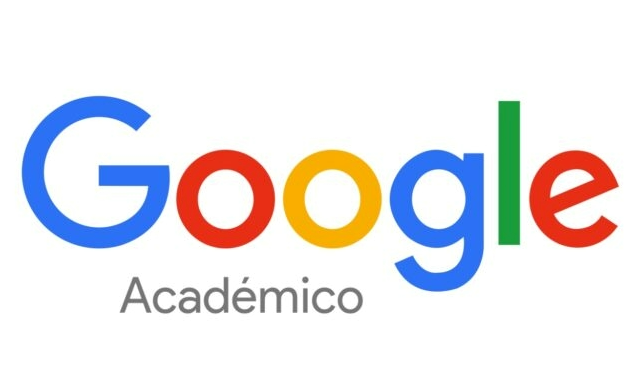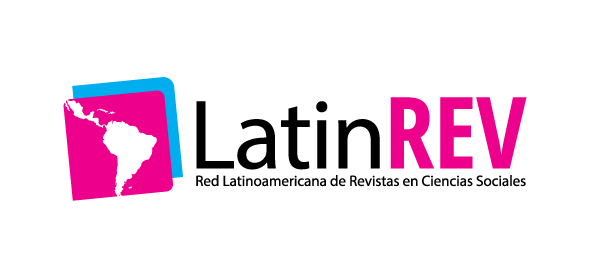Gestión Académica enfocada desde la Calidad, de la Facultad de Ciencias Económicas y Administrativas de la Universidad Nacional de Itapúa – Paraguay
DOI:
https://doi.org/10.70833/rseisa5item63Keywords:
management, quality, Academic Management, organizational structure, criteria for quality, improvement planAbstract
The research work addresses the Academic Administration, Faculty of Economics and Administrative Sciences, National University of Itapúa, Paraguay, from the quality approach, describes its position, answering questions about the "doing" and from the "must do "management, recognizing
the principles of quality present in both academic and administrative management and the factors that influence the attainment of Quality.
The level of research is exploratory and descriptive, phenomenological approach and multimodal or mixed. The study universe consists of principals, teachers, students, graduates and business executives. The instruments were applied to 42% of the population.
The findings permit the inference that the institution is characterized by an organizational structure consistent with the needs, consistent in its internal functioning, with evidence of compliance with its purposes, mission and objectives. The administrative and financial procedures are appropriate medium according to the allocation, implementation and control the budget required to implement the Educational Project. These factors position the institution to a large extent on the quality parameters.
According the research results, we propose an improvement p l an, wh i ch h i gh l i ghts the need for enhanced communication, training, upgrading, human resource focus, reviewing the budget to meet the development plan, implement mechanisms for monitoring, evaluation and development of the degree of fulfillment of educational projects and quality standards to ensure the permanence of the institution in the market and in time.
Downloads
References
CAMPBELL, Susan M., Del caos a la confianza, Estrategias para sobrevivir en el nuevo entorno laboral, Paidós, Buenos Aires, Argentina, 1997
CUATRECASAS, Luis, Gestión Integral de la Calidad, Implantación, Control y Certificación, Ediciones gestión 2000 S.A., Barcelona, España, 2001.
DECRETO Nº 5181, de la Presidencia de la República, Ministerio de Hacienda.
DRUDIS, Antonio, Gestión de Proyectos, cómo planificarlos, organizarlos y dirigirlos, Ediciones Gestión 2000, 2ª Edición, Barcelona, España, 1999.
ENCICLOPEDIA DE LA PSICOPEDAGOGÍA, Editorial Océano, 2002.
FaCEA, Proyecto de Creación, año 1997.
FARJAT, Liliana, Gestión Educativa Institucional, De las intenciones a las concreciones, Lugar Editorial S.A., Buenos Aires, Argentina, 1998.
FERNÁNDEZ, Pitta, Investigación cuantitativa y Cualitativa. (En Mario Morales, Material apoyo)
FERREIRA, Nilse, Ensayo “Las Universidades Públicas, la Gestión Estratégica y la Calidad Total, Módulo: Epistemología I, Doctorado en Gestión y Educación, Universidad Nacional de Itapúa, Paraguay, año 2006.
FERREIRA, Nilse, Trabajo sobre Aplicación del Modelo para definir lo que queremos hacer, Módulo: Gestión Estratégica, Doctorado en Gestión y Educación, Universidad Nacional de Itapúa, Paraguay, año 2005.
FERREIRA, Robert, Tesis (no publicada) en Administración Estratégica de Negocios, Masterado U.C. Itapúa, Paraguay, 2005.
FERREYRA, Horacio A. y Otros, Diseñar y Gestionar una educación auténtica, Desarrollo de competencias en escuelas situadas, Ediciones novedades Educativas, 1ª Edición, Buenos Aires, Argentina, 2006.
GARCÍA R., Joaquín y otro, Jóvenes, Universidad y compromiso social, una experiencia de inserción comunitaria, Narcea S.A. de Ediciones, Torrejón de Ardoz, Madrid, España, 2002.
HELLER, Robert, Compilaciones sobre Gerencia Moderna, Ediciones Macchi, Buenos Aires, Argentina, 1994.
HERNÁNDEZ S., y Otros, Metodología de la Investigación, Editorial McGraw-Hill, 3ª. Edición, México, D.F., año 2004.
JIMÉNEZ, Bonifacio (editor), Evaluación de Programas, centros y profesores, Proyecto Editorial DOE (Didáctica Organización Escolar), Editorial Síntesis S.A., Madrid, España, 2000.
LEPELEY, María Teresa, Gestión y Calidad en Educación, Editorial McGraw-Hill, Santiago de Chile, 2001.
MANUAL DE EDUCACIÓN, Editorial Océano, 2002.
MARTÍN F., Evaristo, Gestión de Instituciones Educativas Inteligentes,un manual para gestionar cualquier tipo de organización, McGraw-Hill Interamericana de España, México, 2001.
MATERIAL elaborado por la Universidad del Norte de Chile, para el curso de especialización en Administración Educacional, Módulo Administración Organizacional educativa, organizado por la U.C. Sede Regional Itapúa-2002.
MATERIALES proveídos por los tutores de los diferentes módulos del Post Grado en Gestión Educacional, organizado por la Universidad Nacional de Itapúa, Paraguay, año 2005.
PALLADINO, Enrique, Diseños curriculares y calidad educativa, 1ª. Edición, 2ª reimpresión, Espacio Editorial, Buenos Aires, Argentina, 2005.
RICCO, Rubén Roberto, Calidad Estratégica Total, Diseño, Implementación y Gestión del Cambio Estratégico Imprescindible, Macchi Grupo Editor S.A, 2001.
RUIZ, José M., Cómo hacer una evaluación de Centros Educativos, Editorial Narcea S.A.de Ediciones, 3ª Edición, Madrid, España, 2004
SCHNITMAN, Dora y otro, Resolución de Conflictos, nuevos diseños, nuevos contextos, Ediciones Granica S.A., Buenos Aires Argentina, 2000.
SIERRA BRAVO, R., Tesis Doctorales y trabajos de Investigación Científica, Metodología General de su elaboración y documentación, Editora Thompson, 5ª Edición, Madrid, España, 1986.
Downloads
Published
How to Cite
License
Copyright (c) 2021 Revista sobre estudios e investigaciones del saber académico

This work is licensed under a Creative Commons Attribution 4.0 International License.
Creative Commons Attribution License CC-BY
You are free to:
Share — copy and redistribute the material in any medium or format.
Adapt — remix, transform, and build upon the material for any purpose, including commercially.
Under the following terms:
Attribution — You must give appropriate credit, provide a link to the license, and indicate if any changes have been made. You may do so in any reasonable way, but not in any way that suggests that you or your use is endorsed by the Licensor.







